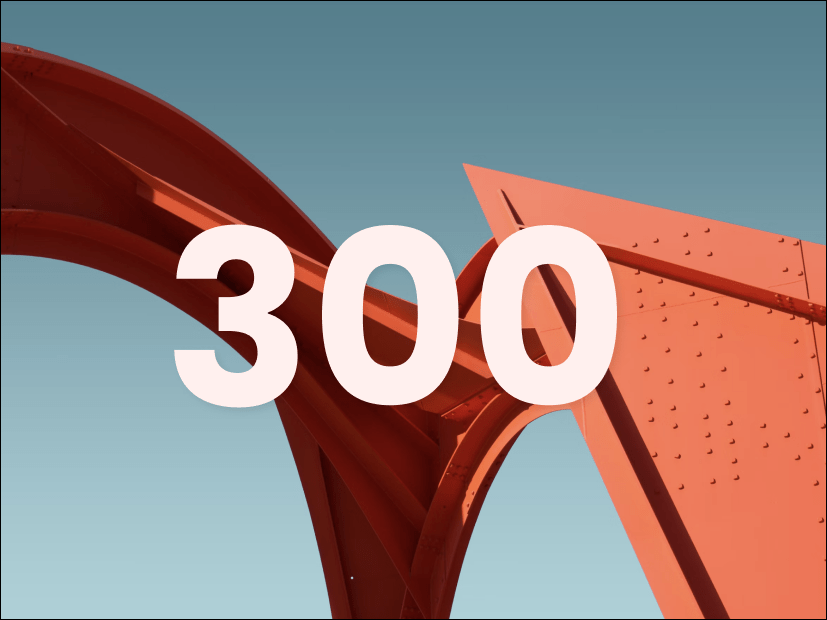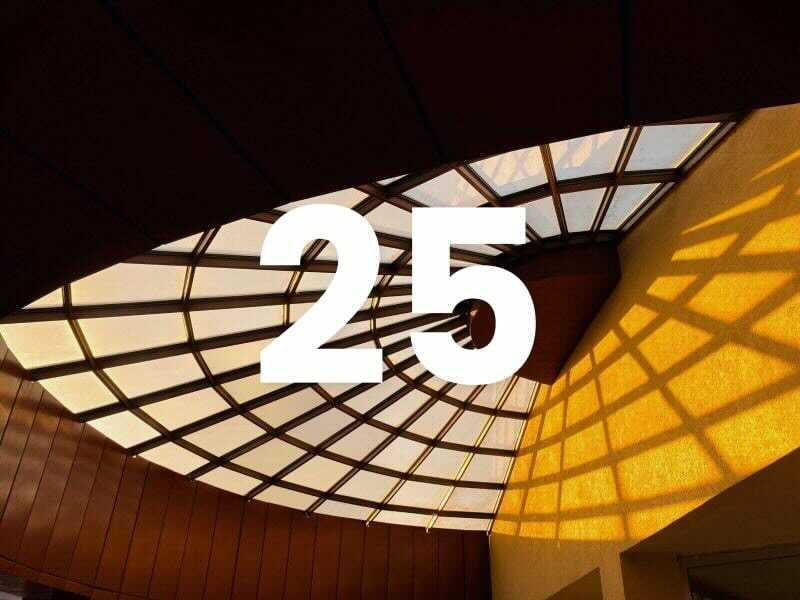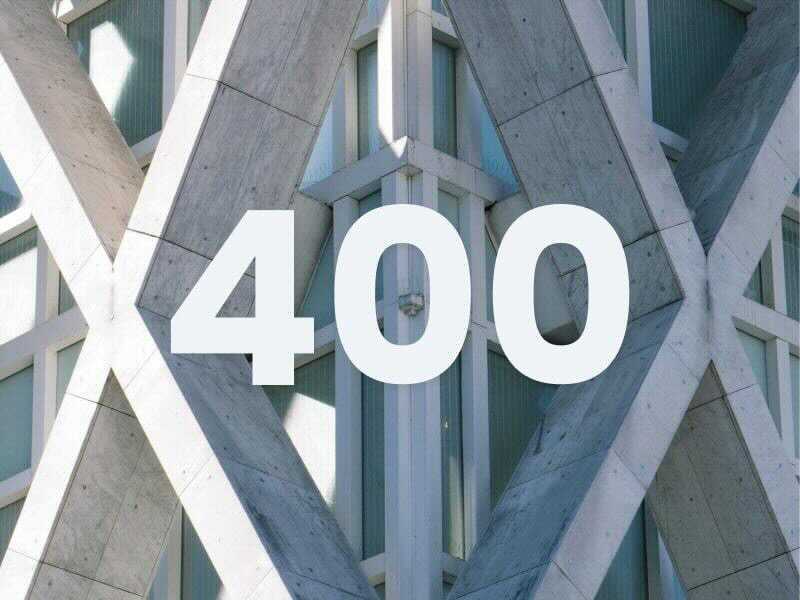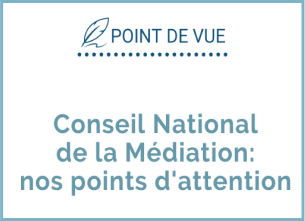
At the CMAP, time spent in litigation is controlled!
The average duration of a mediation is about fifteen hours
The average duration of an arbitration procedure is 12 months (source: CMAP Barometer)
25 years of experience in the field of ADRM
a large panel of experienced and certified mediators and arbitrators
Transparent schedules to anticipate costs
a team of legal experts dedicated to listening to companies, lawyers and magistrates
Rules governing the organisation of mediation and arbitration
We take care of the logistics of the procedures
Rooms made available for mediation meetings and arbitration hearings



Tant notre client dont j’étais en charge des intérêts que mon Cabinet avons été pleinement satisfaits de la mise en place de la mesure de médiation. Le travail effectué par le médiateur a été remarquable.

Je tiens à remercier très sincèrement le médiateur pour la disponibilité, la réactivité et le professionnalisme avec lequel il est intervenu et me félicite une fois de plus d’avoir eu recours au CMAP dont l’intervention a permis une solution constructive et rapide dans un dossier extrêmement conflictuel

Nous (…) vous remercions pour votre intervention dans ce dossier. Nul doute que votre expertise a largement contribué à mettre un terme à ce différend.







A l’occasion de sa dernière Assemblée Générale, le CMAP (Centre de Médiation et d’Arbitrage de PARIS) a publié son baromètre annuel de la Médiation et de l’Arbitrage. […]

Interview de Christophe AYELA, Avocat au Barreau de PARIS (STAS & ASSOCIES), Médiateur agréé CMAP. […]

A l’occasion de sa dernière Assemblée Générale, le CMAP (Centre de Médiation et d’Arbitrage de PARIS) a publié son baromètre annuel de la Médiation et de l’Arbitrage. […]
The CMAP has been relying on a team of lawyers and advisers since its creation in 1995. It thus offers high quality services, within short deadlines and with support that combines confidentiality and efficiency.
The proceedings are supervised by our committees, which guarantee their professionalism and independence.
Alternative dispute resolution is an out-of-court process as opposed to traditional dispute resolution, which involves bringing the dispute before a state judge.
No, either party can freely terminate the process at any time.
Mediation and conciliation refer to the process of conflict resolution in which two or more parties attempt to reach an amicable agreement with the help of a third party.
There are few differences between mediation and conventional conciliation.
On the other hand, mediation and judicial conciliation are governed by different legislation.
Article 21 of the CPC provides that “it is part of the judge’s mission to reconcile the parties”.
Judicial conciliation is therefore implemented by the judge himself or by a court conciliator to whom he has delegated his conciliation mission.
On the other hand, judicial mediation is entrusted to a mediator, a third party external to the court, as provided for in article 131-1 of the CPC, which stipulates that the judge, when seized of a dispute, may designate him or her with the agreement of the parties. Conciliation is free for the parties and mediation is a paid service.